I am trying to reproduce density.() function from R.
I have studied the topic post on stackoverflow before What is the Python equivalent (i.e. same output) for the R function density()?
And I have succefully built my code, however I got different result in R and Python.
Below is my R code
set.seed(1234)
x <- rnorm(10)
dx <- density(x, adjust=1)
And here is my python code, I copy the same x and use the following code
from rpy2 import robjects
from rpy2.robjects.packages import importr
from rpy2.robjects import vectors
import numpy as np
X = [-1.2070657, 0.2774292, 1.0844412, -2.3456977, 0.4291247, 0.5060559, -0.5747400, -0.5466319, -0.5644520, -0.8900378]
print(" my X: ", X)
print("\n")
stats = importr("stats")
column = vectors.IntVector(X)
output = stats.density(column, adjust=1)
x = np.array(output[0])
y = np.array(output[1])
print("dx$x from R : ", x[:10] )
print("\n")
print("dx$y from R : ", y[:10])
 Also I am just trying to reproduce density.() function from R using Python,
Also I am just trying to reproduce density.() function from R using Python,
I understand there might not be equivalent function, however R documenation says that this function is just kernel density estimates, but I still can't reproduce same result using sklearn.neighbors import KernelDensity with same parameters
